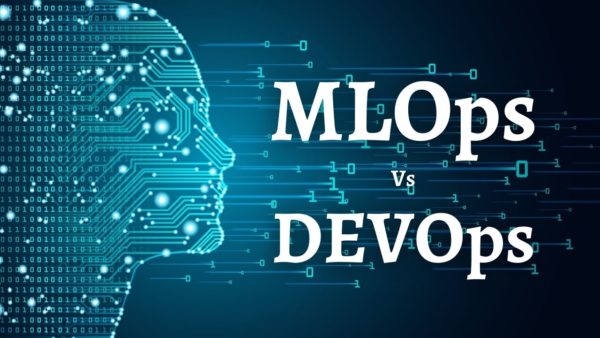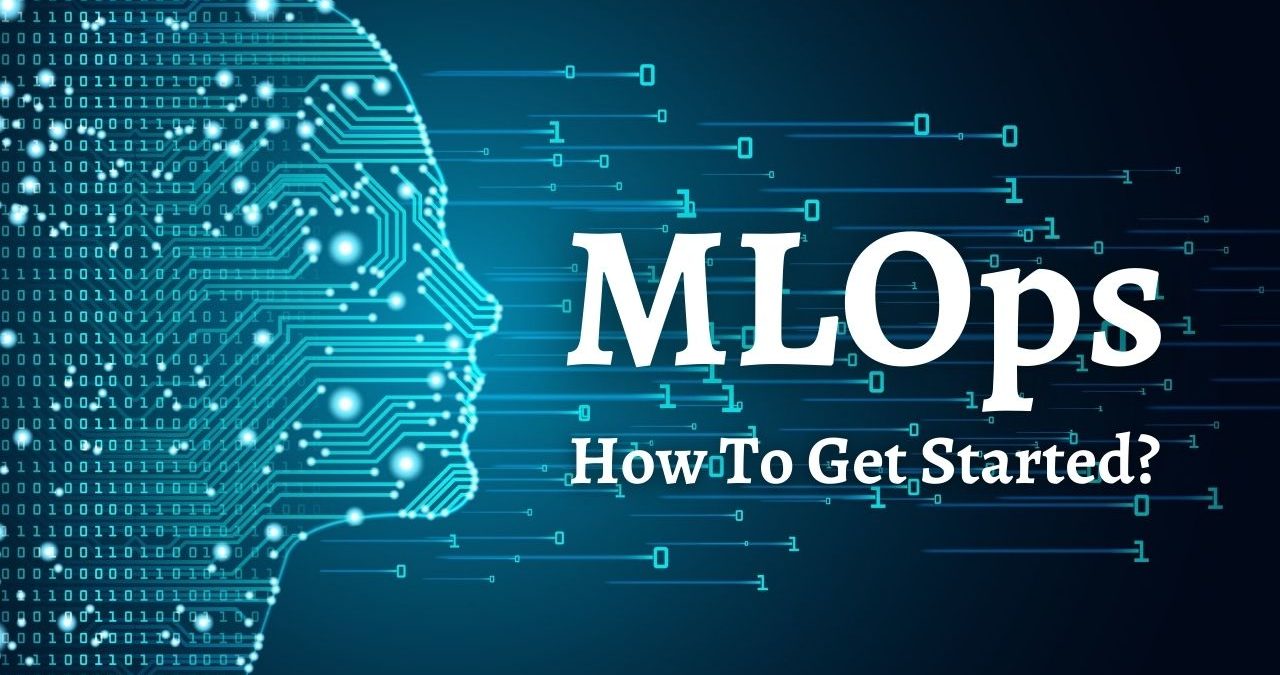What Is MLOps and How You Can Get Started With it?
In one of the recent episodes of Turing Dev Talks, Parv, a Machine Learning Tech Lead at Turing, shares his insight on MLOps. MLOps is catching the attention of industry leaders across the globe and creating new job profiles. Parv highlighted the intricacies of this emerging discipline and answered some of the frequently asked questions related to it.
MLOps is an attempt to elevate machine learning from experimentation to a fully contributing part of any organization’s tech stack. Organizations are focusing on MLOps by taking the machine learning models from experimentation to solving actual business problems.
This post looks at the fundamentals of MLOps and shares tips on you can get started in this field as a software developer.
Let’s dive in.
MLOps: A bridge between production and deployment
According to reports, 72 percent of organizations that began AI pilots couldn’t even deploy a single application in production. MLOps has the potential to bridge this gap between the creation of a product and its deployment.
The practice is all about solving the end-to-end lifecycle management problems that arise when working on a machine learning problem. MLOps helps take an ML proof of concept (POC) and gets it production-ready.
Why should you use it?
Parv highlighted the following benefits of using MLOps:
- MLOps helps in creating reproducible models and retraining machine learning models easily.
- MLOps aids in calculating the features needed for a machine learning model in production
- After deployment, MLOps helps monitor the predictions made by the model and checks if the predictions are in line with the expectations.
- MLOps enables effective management of the entire machine learning lifecycle.
MLOps: DevOps vs. MLOps

MLOps vs DEVOps
MLOps is like a specialization of DevOps focused on the end-to-end lifecycle management of machine learning products. The critical difference between the two is that, unlike DevOps, MLOps can evaluate the input/output and predefined user behavior and the data and the model quality from the machine learning products.
MLOps can also identify previously unseen behavior of machine learning models.
Essential skillsets for aspiring ML engineers
To become a skilled machine learning engineer, it is not mandatory to have certified machine learning degrees. However, one must have explicit knowledge and understanding of the fundamental concepts of software engineering and how various machine learning techniques work.
Summary: What is MLOps and why do we need it?
Since the past few years, there has been an increasing interest in MLOps from organizations across various industries. In addition, the push to have standardized machine learning model formats and standardized data set definitions has accelerated this branch of machine learning.
At present, there are a plethora of machine learning job postings that are currently available on various online job portals. Many machine learning developers are also looking for MLOps opportunities that are a perfect fit for their skillsets. However, standing out in this global developer pool is immensely difficult. If you want to stand out in the competition, we might have something for you. With Turing, you can land high-paying, remote machine learning developer jobs at top US companies right from the comfort of your home. Visit the Jobs page to know more.
Join a network of the world's best developers and get long-term remote software jobs with better compensation and career growth.











